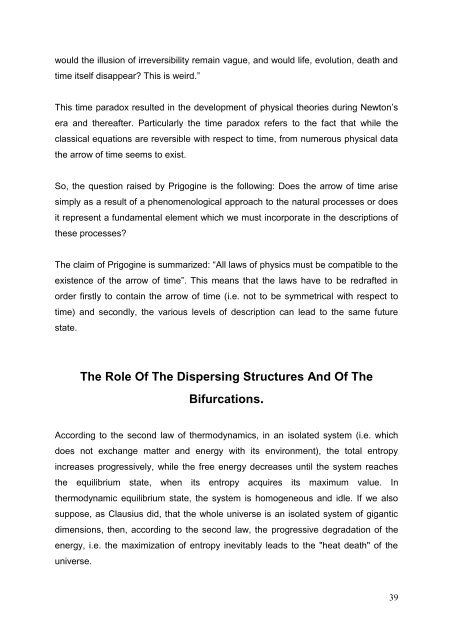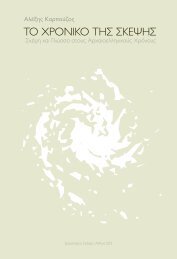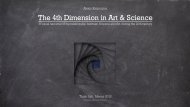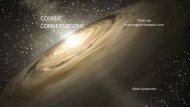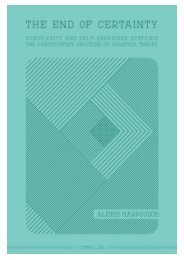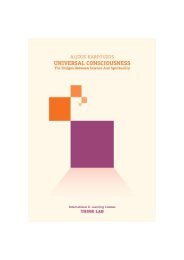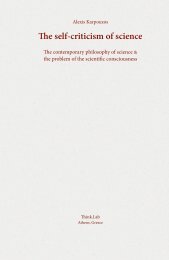COSMOLOGY, PHILOSOPHY AND PHYSICS -ALEXIS KARPOUZOS
The universe is not a world of separate things and events but is a cosmos that is connected, coherent, and bears a profound resemblance to the visions held in the earliest spiritual traditions in which the physical world and spiritual experience were both aspects of the same reality and man and the universe were one. The findings that justify this new vision of the underlying logic of the universe come from almost all of the empirical sciences: physics, cosmology, the life sciences, and consciousness research. They explain how interactions lead to interconnections that produce instantaneous and multifaceted coherence–what happens to one part also happens to the other parts, and hence to the system as a whole. The sense of sacred oneness experienced by our ancestors that was displaced by the unyielding material presumptions of modern science can be restored, and humanity can once again feel at home in the universe.
The universe is not a world of separate things and events but is a cosmos that is connected, coherent, and bears a profound resemblance to the visions held in the earliest spiritual traditions in which the physical world and spiritual experience were both aspects of the same reality and man and the universe were one. The findings that justify this new vision of the underlying logic of the universe come from almost all of the empirical sciences: physics, cosmology, the life sciences, and consciousness research. They explain how interactions lead to interconnections that produce instantaneous and multifaceted coherence–what happens to one part also happens to the other parts, and hence to the system as a whole. The sense of sacred oneness experienced by our ancestors that was displaced by the unyielding material presumptions of modern science can be restored, and humanity can once again feel at home in the universe.
You also want an ePaper? Increase the reach of your titles
YUMPU automatically turns print PDFs into web optimized ePapers that Google loves.
would the illusion of irreversibility remain vague, and would life, evolution, death and<br />
time itself disappear? This is weird.”<br />
This time paradox resulted in the development of physical theories during Newton‟s<br />
era and thereafter. Particularly the time paradox refers to the fact that while the<br />
classical equations are reversible with respect to time, from numerous physical data<br />
the arrow of time seems to exist.<br />
So, the question raised by Prigogine is the following: Does the arrow of time arise<br />
simply as a result of a phenomenological approach to the natural processes or does<br />
it represent a fundamental element which we must incorporate in the descriptions of<br />
these processes?<br />
The claim of Prigogine is summarized: “All laws of physics must be compatible to the<br />
existence of the arrow of time”. This means that the laws have to be redrafted in<br />
order firstly to contain the arrow of time (i.e. not to be symmetrical with respect to<br />
time) and secondly, the various levels of description can lead to the same future<br />
state.<br />
The Role Of The Dispersing Structures And Of The<br />
Bifurcations.<br />
According to the second law of thermodynamics, in an isolated system (i.e. which<br />
does not exchange matter and energy with its environment), the total entropy<br />
increases progressively, while the free energy decreases until the system reaches<br />
the equilibrium state, when its entropy acquires its maximum value. In<br />
thermodynamic equilibrium state, the system is homogeneous and idle. If we also<br />
suppose, as Clausius did, that the whole universe is an isolated system of gigantic<br />
dimensions, then, according to the second law, the progressive degradation of the<br />
energy, i.e. the maximization of entropy inevitably leads to the "heat death" of the<br />
universe.<br />
39


